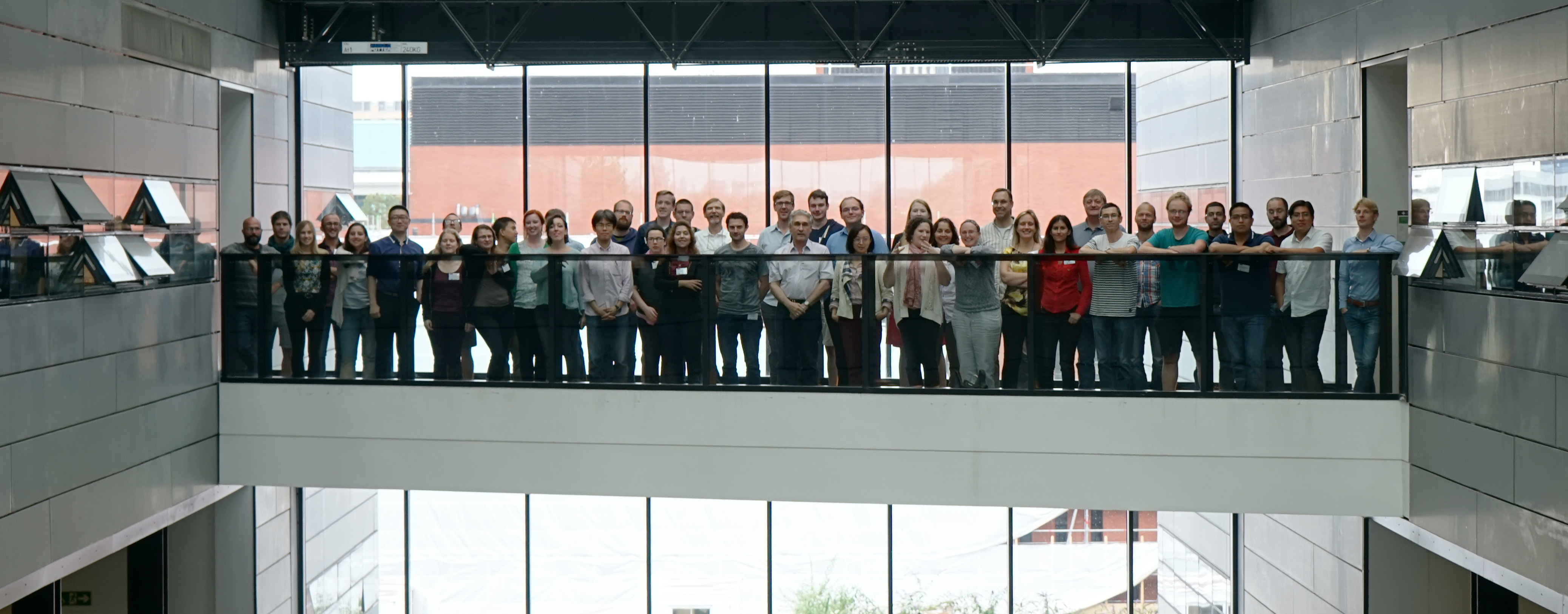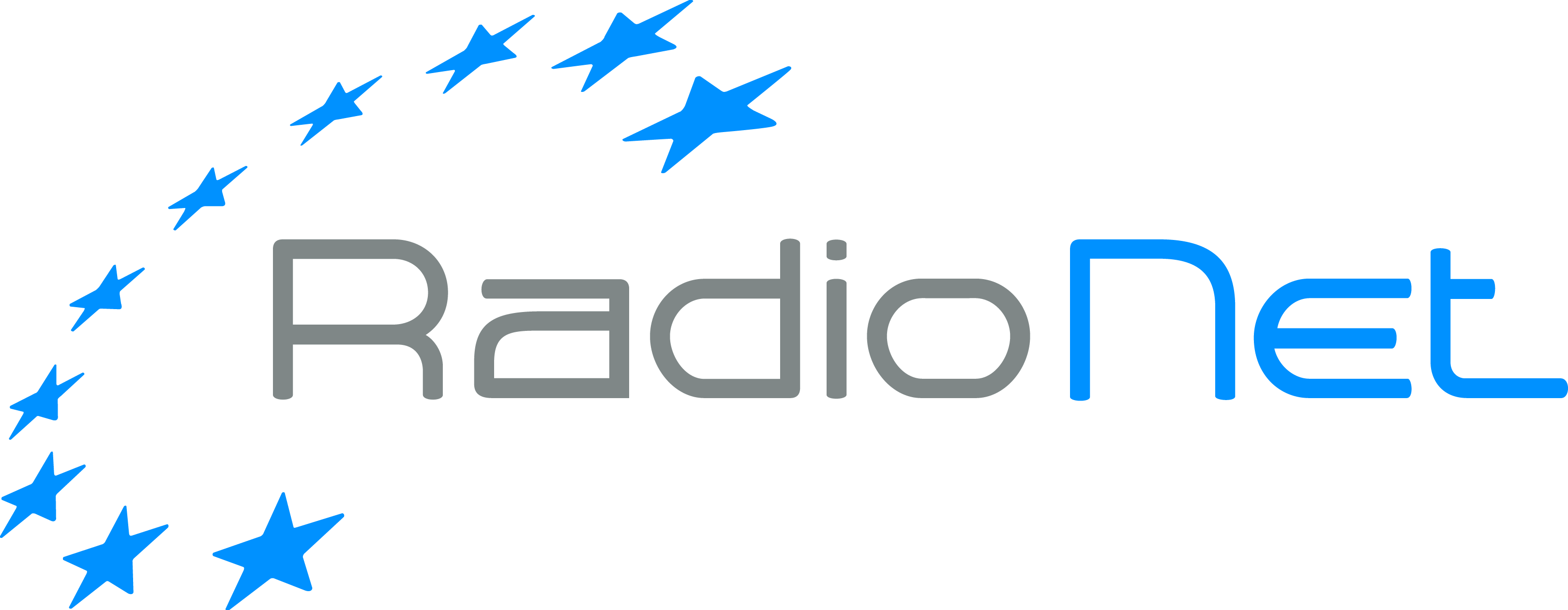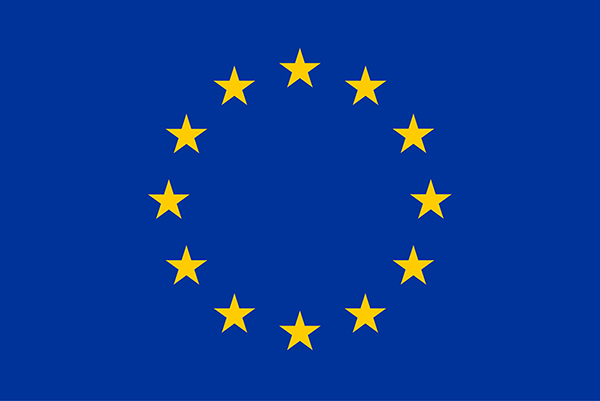Lovell Room, Alan Turing Building
The University of Manchester
Manchester, United Kingdom

Overview
The current generation of radio, millimetre, and submillimetre telescopes (ALMA, ASKAP, eMERLIN, jVLA, LOFAR, MeerKAT) and the next generation (SKA, ngVLA) have the capability to detect emission from star forming regions at much better sensitivities than previous telescopes working in these bands. This opens up new possibilities for using star formation tracers including synchrotron emission, free-free emission, and higher order recombination line emission to measure star formation rates. As these tracers are unaffected by dust extinction and as many of the tracers are directly connected to young stellar populations, they could potentially yield more accurate star formation rates than those measured using ultraviolet, optical, or infrared data.
The goal of this workshop is to bring together people who are exploring the ways to measure star formation rates in the radio, millimetre, and submillimetre bands. Topics of discussion will include the following:
- Development of the theory and techniques for measuring star formation rates in the radio, millimetre, and submillimetre bands.
- Application of these metrics to studying star formation in both normal and extreme star forming environments in the local universe.
- Application of these metrics to studying star formation at high redshift.
- Studies of the spectral energy distribution from radio to infrared bands with an emphasis on disentangling synchrotron, free-free, and dust emission.
- Separation of emission from AGN and emission from star formation activity.
- Comparisons of radio, millimetre, and submillimetre star formation rates to rates measured in other bands.
- Discussions on potential future technical developments that will aid in measuring star formation in these wavebands.
Schedule (with presentations)
Practical Information
Science Organizing Committee
- George Bendo
- Rie Miura
- Eric Murphy
- Tom Muxlow
- Kouichiro Nakanishi
- Miguel Perez-Torres
- Fatemeh Tabatabaei
Contact Information
If you have any questions, you can contact the UK ALMA Regional Centre Node. Email and other contact information is provided on the contact page.
Acknowledgments and Additional Information


This event has received funding from the European Union’s Horizon 2020 research and innovation programme under grant agreement No 730562 [RadioNet].
The University of Manchester is committed to creating an environment where diversity is celebrated and everyone is treated fairly regardless of gender, disability, ethnic origin, religion or belief, sexual orientation, marital status, age, or nationality. Participants are requested to abide by the JBCA Code of Conduct and the university's policy on equality and diversity.

